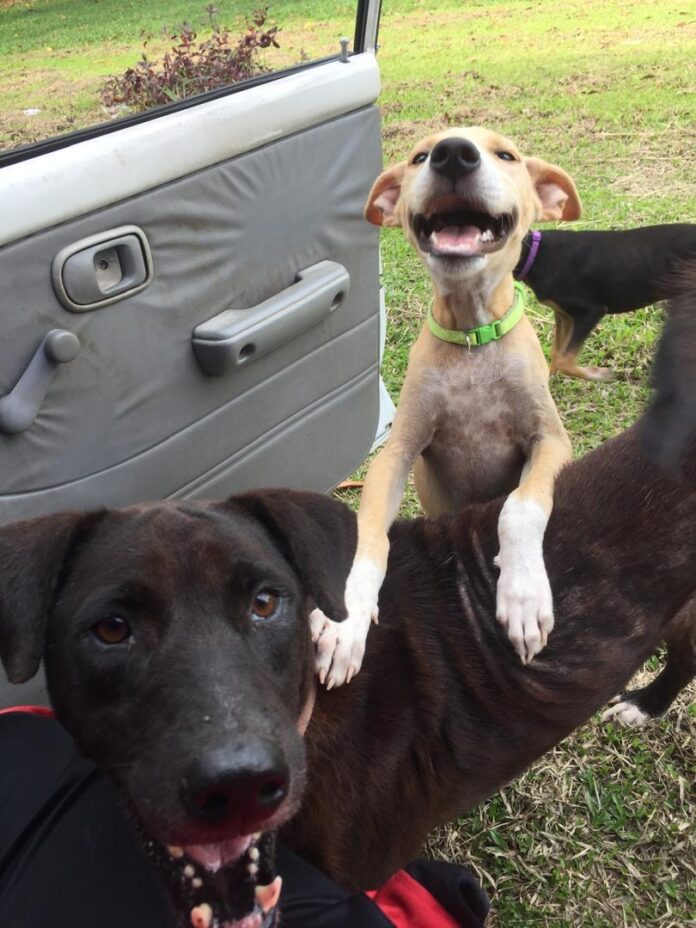By Remy Majangkim
KOTA KINABALU: The Sandakan Municipal Council (SMC) has recently ramped up efforts to catch stray dogs in the city, yielding significant results.
More than 600 stray dogs have been successfully captured as part of these ongoing initiatives.
The council has coordinated with the SPCA Sandakan to take these stray animals into their shelters. However, the shelters are currently overcapacity and urgently require assistance.
Providing medical care and assistance to these stray dogs is a priority.
They need to be quarantined to assess their health status, which requires the help of a volunteer veterinarian.
Unfortunately, the shelter has limited or no quarantine facilities, dwindling medical supplies, and an overwhelming number of volunteers.
The rapid influx of stray dogs has led to overcrowding in the shelter, prompting the need for the swift construction of additional structures.
The close proximity of these dogs, many of whom may have undiagnosed medical conditions, increases the risk of an outbreak that could lead to the culling of all dogs in the shelter for health reasons.
Short-term and immediate help
The SPCA shelters urgently need your support. With a rising number of animals in need, we are asking for help from the community to provide essential medicine, construct much-needed shelter, and supply food.
Your generosity can make a real difference during this challenging time. Additionally, we are looking for compassionate volunteers to assist with cleaning and food preparation.
The effectiveness of the Sandakan Municipal Council in rounding up stray animals presents an opportunity to reduce the stray population in Sandakan.
A long-term solution requires collaboration between the Sabah State Veterinary Services and animal rights non-governmental organisations to tackle the task ahead.
The approach is not new, but it has been proven effective in many cities in Turkey. The Turkish government believes it is both appropriate and humane to catch stray animals, neuter them, and place a tag on their ears.
This method could be replicated in Sandakan, where civil society organisations are taking turns providing tracking devices for these animals to collect data.
Together, we can create a safe and nurturing environment for the animals who rely on us. It is important to recognise that we, as humans, are entrusted with their care in this world.
The creators do not make mistakes in their creations; rather, it is we who often ignore their existence and plight.


